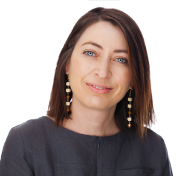
About Me
I received my Ph.D. and M.S. in Computational Mechanics at University at Buffalo and B.S. in Computer Science and Mechanical Engineering at Politechnica University, Bucharest. During my Ph.D., I have pioneered a framework for using high fidelity simulations and innovative statistical analysis for large datasets and distributed systems. Much of this work has been published in premier scientific journals and presented at numerous international conferences. Here is a list of my publications on Google Scholar.
My industry experience is in probabilistic robotics research and development, advanced system analysis and control with applications to self-driving cars. I am also pursuing a graduate certificate at Stanford in Artificial Intelligence.
Contact Details
Ramona Stefanescu
ramona28@stanford.edu